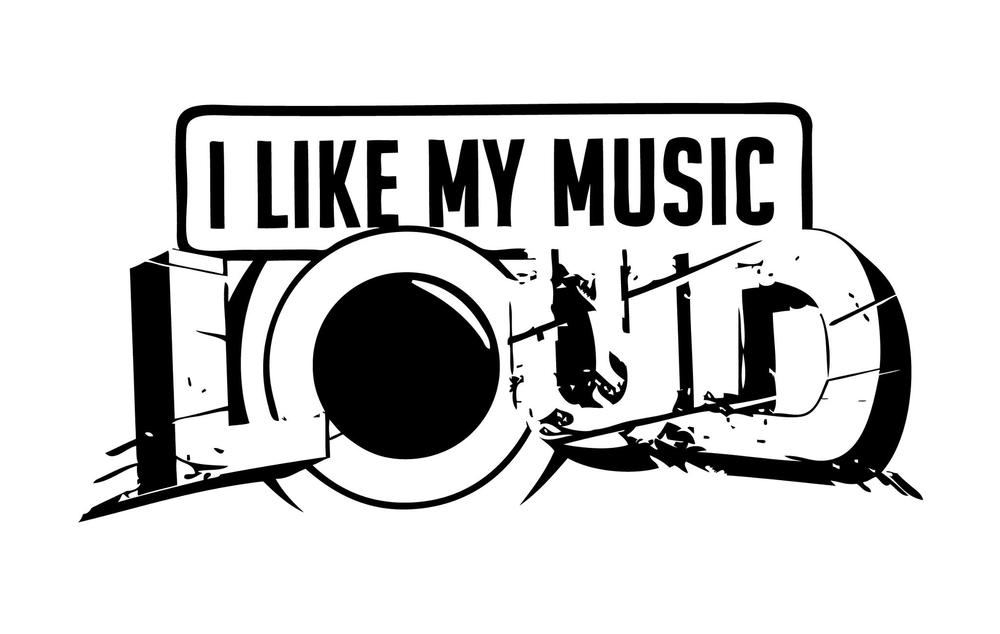The Decemberists
“There’s an odd bond between the music of the British folk revival and classic metal,” says The Decemberists frontman Colin Meloy. “A natural connection between, like, Fairport Convention and Black Sabbath—of course, Sandy Denny from Fairport even sang with Led Zeppelin on ‘The Battle of Evermore.’ I think there’s a shared sense of narrative and ambience, of moving beyond the first person in your writing. And I thought it would be interesting to mess around with that.”
The band’s fifth album, The Hazards of Love, represents the most glorious kind of messing around. It’s the most ambitious and most accomplished project to date from the Portland-based quintet of Meloy, Chris Funk, Jenny Conlee, Nate Query, and John Moen—a full-length song cycle rooted in ancient language and imagery, yet entirely modern and accessible. The follow-up to the group’s 2006 breakthrough, The Crane Wife (which NPR listeners voted their favourite album of the year), The Hazards of Love solidifies the Decemberists’ standing as one of the most innovative and important creative forces in music today. The album’s language is intricate, often archaic, without feeling laboured. (“Wasn’t it a lovely breeze/That swept the leaves of arbour eaves/And bent to brush our blushing knees?,” sings Meloy on “Isn’t It a Lovely Night?”) But Decemberists fans have a context for this approach: Earlier efforts, like 2003’s Her Majesty the Decemberists or 2005’s Picaresque, were characterized by fantastical songs full of sea captains, legionnaires, and chimney sweeps.
One triumph of The Hazards of Love is that it’s just as compelling to listen to whether or not you’re following the story line. “It’s a rock record—you’re supposed to fill in the blanks a little,” says Meloy. “There should be stuff that’s more abstract and left to interpretation. So you can come to it without knowing the narrative, or you can pull out the lyric sheet and try pull it all together.”

